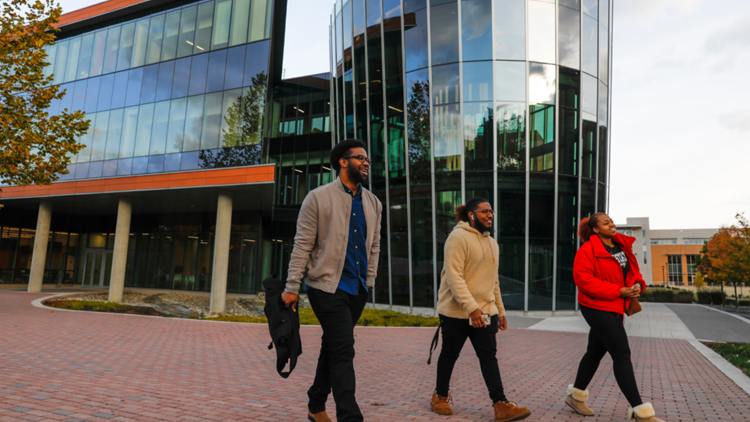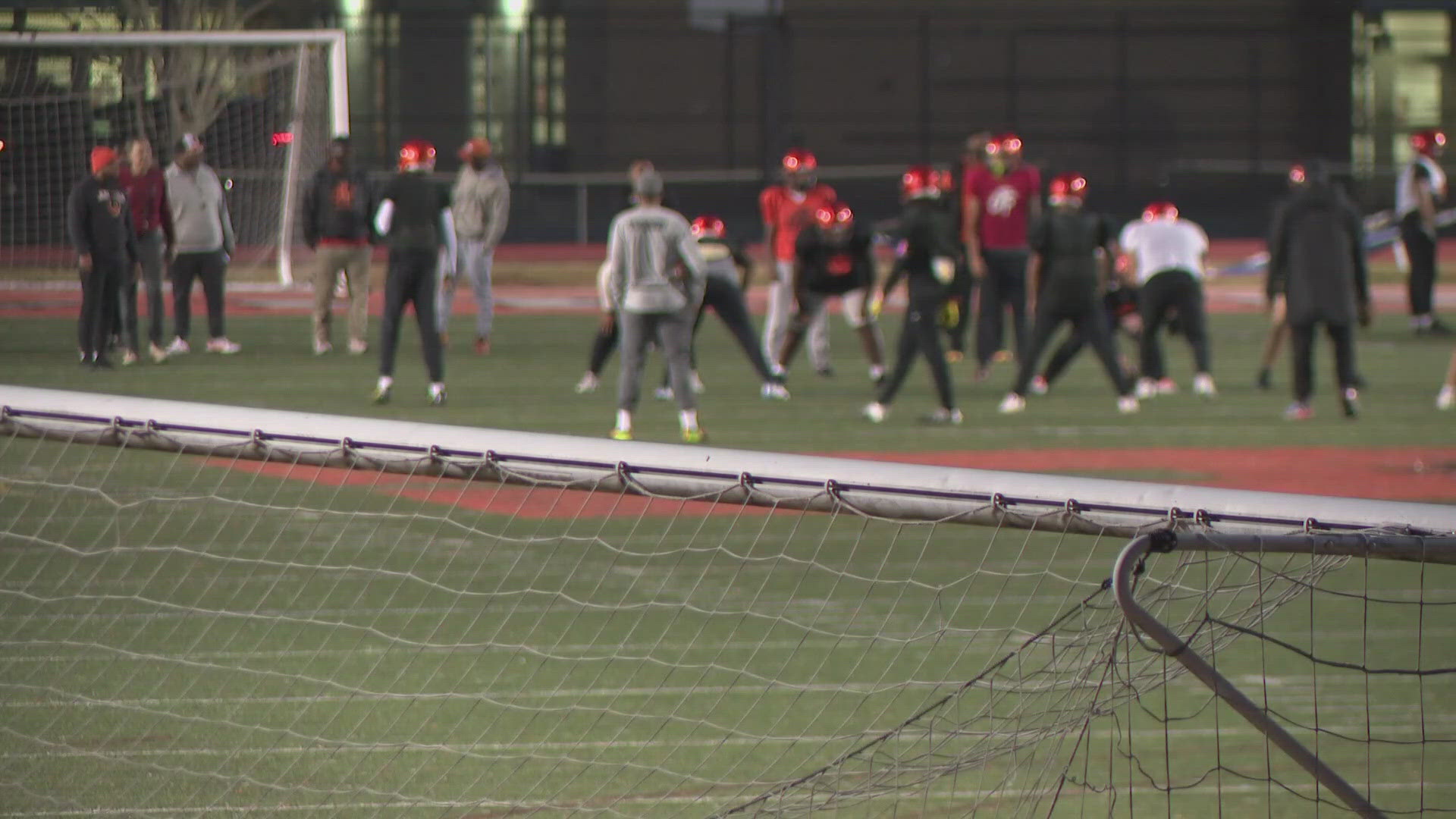ANNAPOLIS, Md. — Maryland Gov. Larry Hogan joined Senate President Bill Ferguson and House Speaker Adrienne Jones Wednesday to officially sign HB1/SB1, the landmark bipartisan Historically Black Colleges and Universities (HBCU) funding legislation.
The group was joined by Maryland Lt. Governor Boyd K. Rutherford, Bowie State University President Aminta Hawkins Breaux, Coppin State University Anthony L. Jenkins, Morgan State University Dr. David Kwabena Wilson, and University of Maryland Eastern Shore President Heidi M. Anderson.
"We are here to enact a historic, bipartisan measure that will be an unprecedented step forward in addressing inequities in our higher education system by making additional substantial investments in Maryland’s historically Black colleges and universities," Hogan said in a release Wednesday afternoon. "I want to sincerely thank the presiding officers and legislators on both sides of the aisle for working together to make this possible."
Maryland lawmakers previously approved the $577 million funding bill that granted money to the state's four Historically Black Colleges and Universities (HBCU) following a nearly 15-year lawsuit declaring unfair funding and discrimination to these institutions.
The Maryland House of Delegates approved the notion voting 120-14 on March 18.
Now that the bill is signed, Bowie State, Coppin State, Morgan State and University of Maryland Eastern Shore will all be granted funds from the $577 million for the next 10 years starting in 2023.
This will also end a 2006 lawsuit filed by the NAACP that accused Maryland of giving more money and unique academic programs to "traditionally white institutions."
“There are so many of them that had benefited from stealing - and that’s the best way I can put it — stealing classes for the HBCUs and putting it on their campuses,” Dr. Marvin Cheatham, Sr. with the Maryland HBCUs Matters Coalition, said in 2018.
In 2013, a judge ruled in favor of the HBCU's citing evidence of inequity. And in 2017, a federal judge ordered the state to settle the lawsuit, which started more years of negotiation. Gov. Hogan then offered $200 million, much less in 2019 than what the legislative black caucus said was needed. Hogan stated in a letter to House Speaker Adrienne Jones that a potential budget shortfall was one reason why HBCU funding couldn't go up as high as asked.
In response to Gov. Hogan's reluctance, Black college students and alumni rallied in November 2019 for funding equality.
Democratic Speaker of the House Adrienne Jones responded to Gov. Hogan's letter writing, in part, "But, as the federal court found, the program duplication issues remain and are of real concern to me and many other lawmakers. The proposed $577 million settlement figure would be used to develop new programming, hire faculty and expand the reach of State scholarships at our historically black institutions. I have been particularly concerned about strengthening our undergraduate access and programming to ensure that students can graduate with a degree but without significant debt loads."
That battle continued in the statehouse and in 2020, Gov. Hogan vetoed a similar bill in the midst of the COVID-19 pandemic due to the uncertainty of the state's economic recovery.



